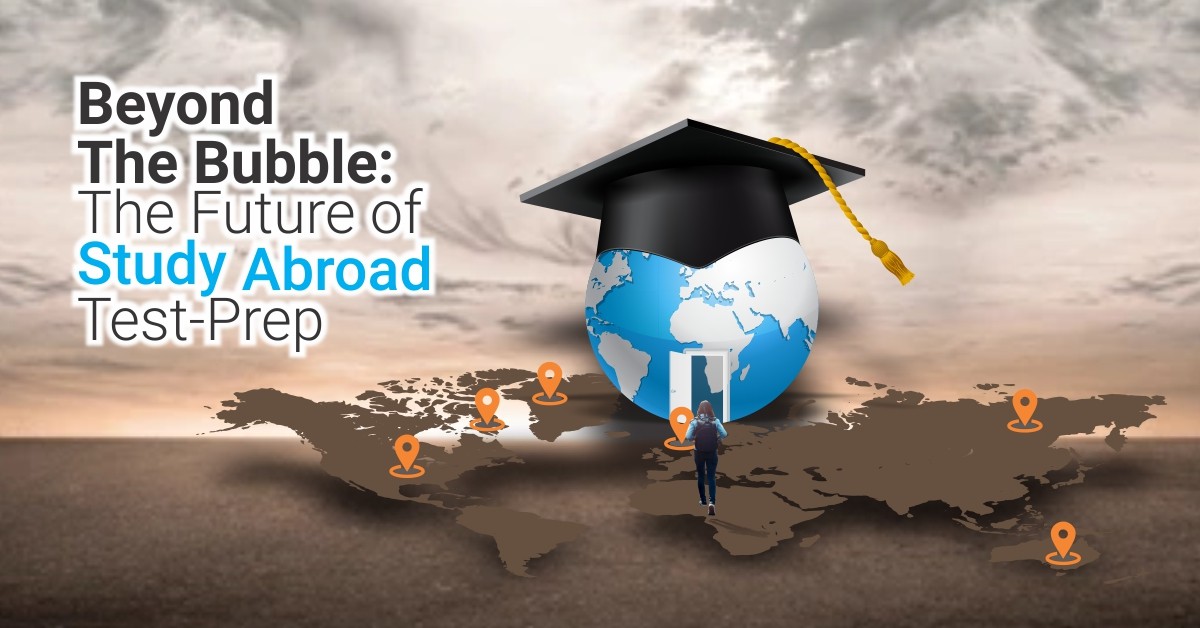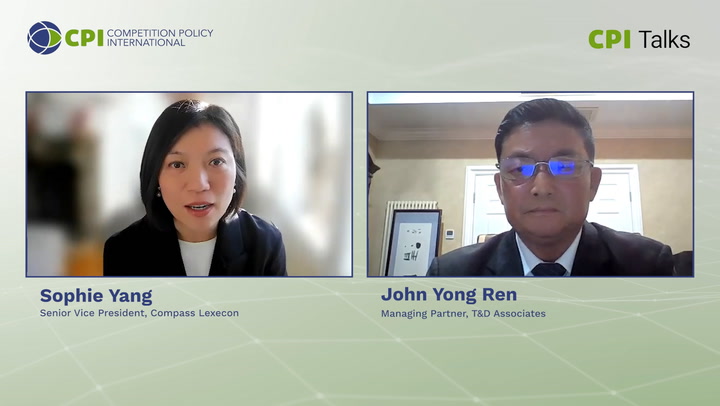Rethinking College Admissions: A Discussion On Standards And Diversity Initiatives

Table of Contents
Maintaining Academic Rigor in College Admissions
The pursuit of academic excellence remains paramount in college admissions. However, the methods used to evaluate applicants require careful consideration. We must ask ourselves: are we using the most effective and equitable tools to identify promising students?
Standardized Testing: A Necessary Evil or Outdated Metric?
Standardized tests like the SAT and ACT have long been cornerstones of the college application process. While proponents argue that these tests provide a standardized measure of academic aptitude and offer a common yardstick for comparing applicants from diverse backgrounds, critics point to significant flaws.
- Increased Accessibility: Standardized tests are relatively inexpensive and widely available, theoretically allowing for a level playing field.
- Bias Concerns: However, studies have shown that these tests can be culturally biased, disadvantaging students from under-resourced communities who may lack access to adequate test preparation resources.
- Correlation with Future Success: The correlation between SAT/ACT scores and college success is debated; some research suggests it’s weaker than other indicators.
- Alternative Assessment Methods: Many institutions are exploring alternative assessment methods, such as portfolio reviews and interviews, to gain a more holistic view of an applicant's potential.
The rise of test-optional policies reflects a growing recognition of these concerns. Institutions adopting these policies are seeing shifts in applicant demographics, often with an increase in applications from underrepresented groups. The impact of these policies on college selectivity and overall student success remains a topic of ongoing research and debate within the college admissions landscape.
Evaluating Academic Performance Beyond Test Scores
A holistic review of academic performance goes beyond standardized test scores. A comprehensive assessment must consider several factors:
- GPA: The Grade Point Average (GPA) provides a cumulative view of academic performance throughout high school. Weighted GPAs, which give extra credit for advanced courses, offer additional insights.
- Course Rigor: The types of courses taken are crucial. Students who challenge themselves with Advanced Placement (AP) courses, International Baccalaureate (IB) programs, or honors classes demonstrate a greater commitment to academic excellence.
- Extracurricular Achievements: Involvement in extracurricular activities highlights students' passions, leadership skills, and time management abilities. These achievements often reflect qualities that contribute significantly to a thriving college community.
Holistic review acknowledges that academic excellence can manifest in various ways. By considering these diverse indicators, colleges can gain a more nuanced and complete understanding of an applicant's potential and their suitability for their institution.
Promoting Diversity and Inclusivity in College Admissions
Creating a diverse and inclusive student body is not merely a matter of social justice; it's essential for academic excellence and preparing students for a globalized world. However, significant systemic inequalities persist that must be addressed within the college admissions framework.
Addressing Systemic Inequalities in Access to Education
Socioeconomic disparities profoundly impact college preparedness. Students from disadvantaged backgrounds often face significant challenges:
- Access to Quality High Schools: Unequal funding and resources lead to disparities in the quality of education available to students in different communities.
- Resources for College Applications: Access to college counseling, test preparation, and financial aid applications is often unevenly distributed.
- Financial Aid: The cost of higher education remains a significant barrier for many students. Increased financial aid and scholarships are vital for ensuring equal access to college for all.
Affirmative action policies aim to address historical and ongoing systemic inequalities. While controversial, these policies are intended to level the playing field and increase representation from underrepresented groups. The debate surrounding affirmative action underscores the complexities of balancing competing values within the college admissions process.
The Value of Diverse Student Bodies
A diverse student body enriches the entire college experience, offering invaluable benefits:
- Exposure to Different Perspectives: Interaction with students from diverse backgrounds enhances learning and fosters critical thinking.
- Enhanced Learning Environment: Diverse perspectives enrich classroom discussions, leading to a more dynamic and intellectually stimulating learning environment.
- Preparation for a Globalized World: A diverse student body prepares students for successful participation in a globalized workforce characterized by collaboration and intercultural understanding.
Promoting representation and inclusion for marginalized communities is not just a matter of fairness; it’s vital for creating a truly enriching and intellectually vibrant college experience. The benefits of diversity in higher education extend far beyond the campus, shaping future leaders and contributing to a more equitable and just society.
Conclusion
Rethinking college admissions requires a nuanced approach that balances the need for academic excellence with the imperative to foster diversity and inclusivity. While maintaining rigorous academic standards is vital, we must critically evaluate the tools and methods we use to assess applicants. By addressing systemic inequalities, embracing holistic review processes, and recognizing the immeasurable value of a diverse student body, we can create a fairer and more equitable college admissions system. Let’s continue the conversation on how to improve college admissions practices, ensuring a future where opportunities are accessible to all.

Featured Posts
-
 Hrvatska Na Eurosongu Marko Bosnjak Nosi Zastavu
May 19, 2025
Hrvatska Na Eurosongu Marko Bosnjak Nosi Zastavu
May 19, 2025 -
 Impact Of New Regulations On Londons Thriving Live Music Scene
May 19, 2025
Impact Of New Regulations On Londons Thriving Live Music Scene
May 19, 2025 -
 At And T On Broadcoms V Mware Deal A 1 050 Price Increase Is Unacceptable
May 19, 2025
At And T On Broadcoms V Mware Deal A 1 050 Price Increase Is Unacceptable
May 19, 2025 -
 Cellcom Outage Extended Recovery Expected For Calls And Texts
May 19, 2025
Cellcom Outage Extended Recovery Expected For Calls And Texts
May 19, 2025 -
 Trump Administration Cuts Devastating Impact On Library Staffing And Services
May 19, 2025
Trump Administration Cuts Devastating Impact On Library Staffing And Services
May 19, 2025
